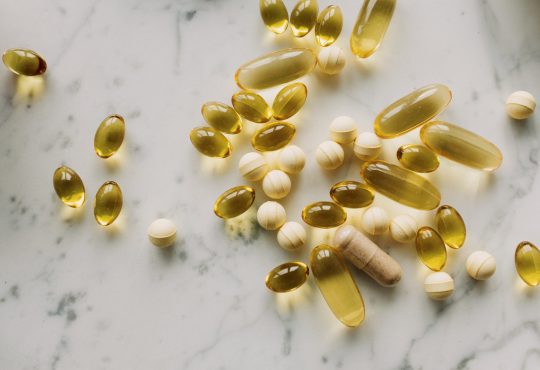
Best Anti-Aging Products: What Really Works?
As technology advances, so do the options for combating the signs of aging. From innovative ingredients to cutting-edge devices, the world of anti-aging products is constantly evolving. But with so many options on the market, it can be overwhelming to determine what really works. In this article, we’ll delve into the science behind anti-aging products to help you make informed decisions on the best products for your skin.
The Role of Ingredients
When it comes to anti-aging products, ingredients are key. Retinol, a form of vitamin A, is one of the most well-known and effective ingredients for reducing fine lines and wrinkles. It works by stimulating cell turnover and collagen production, resulting in smoother and firmer skin.
Another powerhouse ingredient is hyaluronic acid, which helps to hydrate the skin and improve elasticity. Peptides are also popular in anti-aging products for their ability to stimulate collagen production and improve skin texture.
The Importance of Sun Protection
No matter how effective your anti-aging products are, they won’t do much good if you’re not protecting your skin from the sun. UV rays are one of the primary causes of premature aging, so it’s crucial to use a broad-spectrum sunscreen every day, even on cloudy days. Look for a sunscreen with an SPF of at least 30 and reapply every two hours for optimal protection.
The Benefits of Retinol
Retinol is a derivative of vitamin A that has been proven to reduce wrinkles, smooth skin texture, and even out skin tone. It works by speeding up the cell turnover process, helping to shed dead skin cells and reveal fresh, new skin underneath. Retinol also stimulates collagen production, which can help to plump up the skin and reduce the appearance of wrinkles.
The Power of Peptides
Peptides are short chains of amino acids that act as building blocks for proteins like collagen and elastin. When applied to the skin, peptides can help to stimulate collagen production, resulting in firmer, more youthful-looking skin. Peptides can also help to improve skin texture, reduce the appearance of wrinkles, and boost hydration levels.
Choosing the Right Products
When selecting anti-aging products, it’s important to consider your skin type and concerns. If you have dry skin, look for products that contain hydrating ingredients like hyaluronic acid or glycerin. For oily or acne-prone skin, opt for lightweight, non-comedogenic formulas that won’t clog pores. Remember to patch-test new products before applying them to your entire face to avoid potential irritation or allergic reactions.
Incorporating Anti-Aging Products Into Your Routine
To get the most out of your anti-aging products, it’s essential to use them consistently and as directed. Start by cleansing your skin with a gentle cleanser, followed by a toner to remove any leftover impurities. Next, apply a serum containing active ingredients like retinol or peptides, followed by a moisturizer to lock in hydration. Finish with a broad-spectrum sunscreen in the morning or a rich night cream in the evening.
Final Thoughts
With the right combination of ingredients and a solid skincare routine, you can achieve younger-looking, healthier skin at any age. Whether you’re looking to reduce wrinkles, improve skin texture, or boost hydration, there are plenty of anti-aging products on the market to suit your needs. Remember to do your research, consult with a dermatologist if needed, and be patient – results won’t happen overnight, but with consistent use, you can achieve the youthful complexion you’ve always dreamed of.


